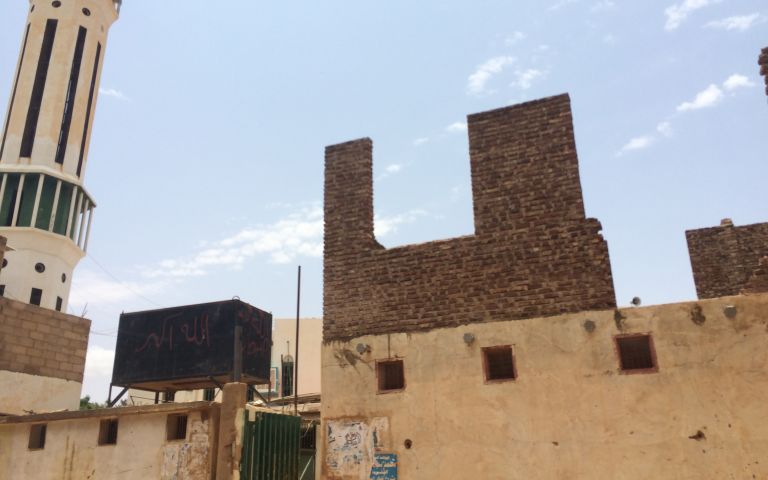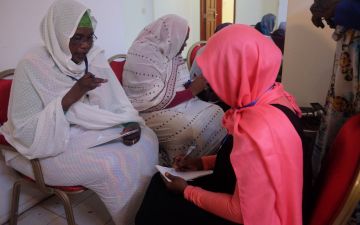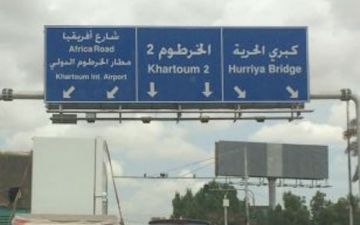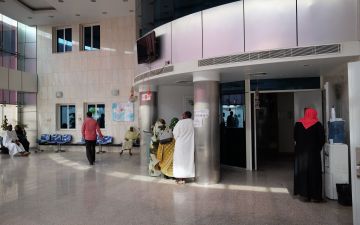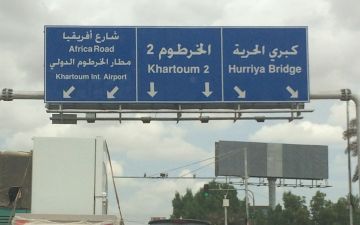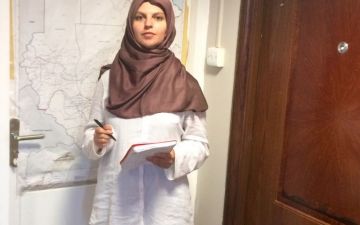Sudan has been designated a State Sponsor of Terrorism by the United States since 1993, and subject to a trade embargo and economic sanctions for nearly two decades. But the rise and spread of the Islamic State group has given both countries incentive to reevaluate the relationship.
Khartoum has been cooperating in the global fight against Al Qaeda and the Islamic State, according to both Sudanese and U.S. officials, and wants the state sponsor designation lifted. Policy experts in the U.S. note that the Islamist government in Khartoum is one of the few remaining stable entities in the region. In this context, there are ongoing discussions of a rollback of the crippling U.S. sanctions. In this project journalist Kira Zalan looks at the implications of the possible shift in sanctions policy.
Like other countries, Sudan is also facing the threat of domestic radicalization. Hundreds of Sudanese, including children of elite families, have joined the Islamic State. Sudan's government has recently taken steps to address the problem, including a ban on radical speech in public spaces and discussions with radicalized youths aimed at renunciation. Zalan’s project also looks at the scope of radicalization and the government’s efforts to address it.
